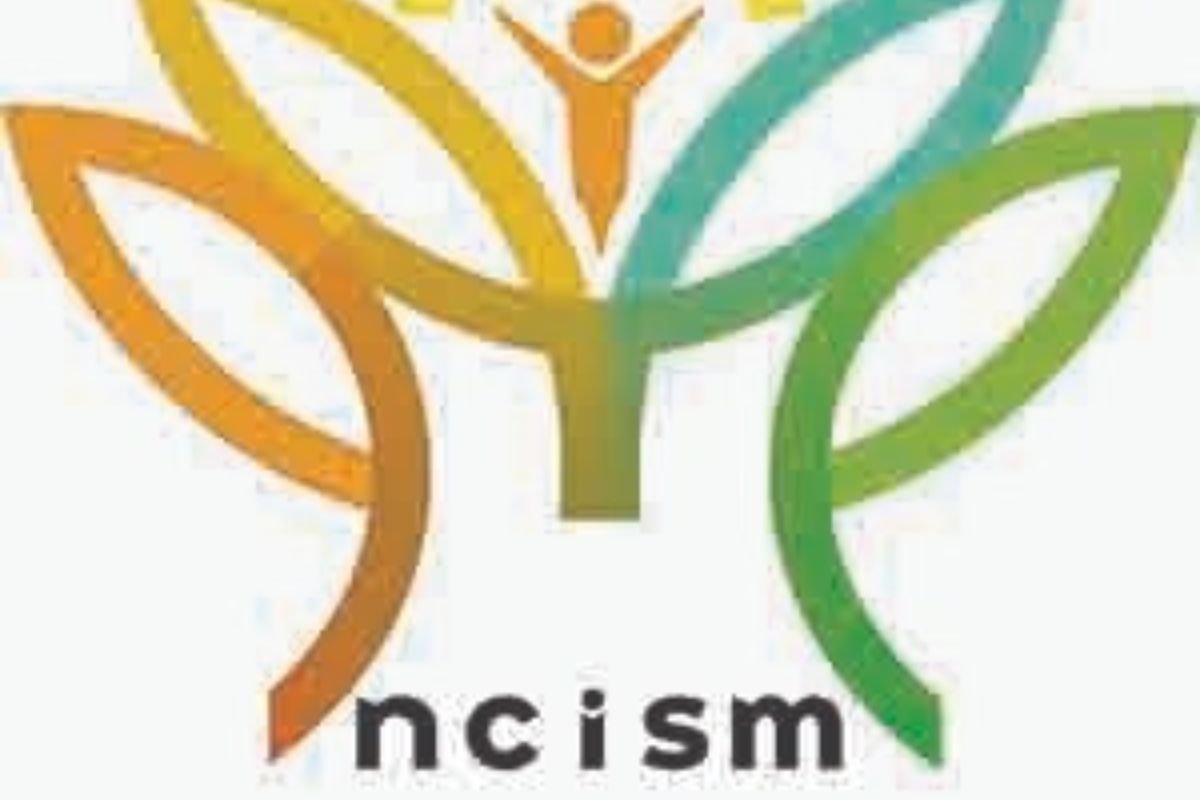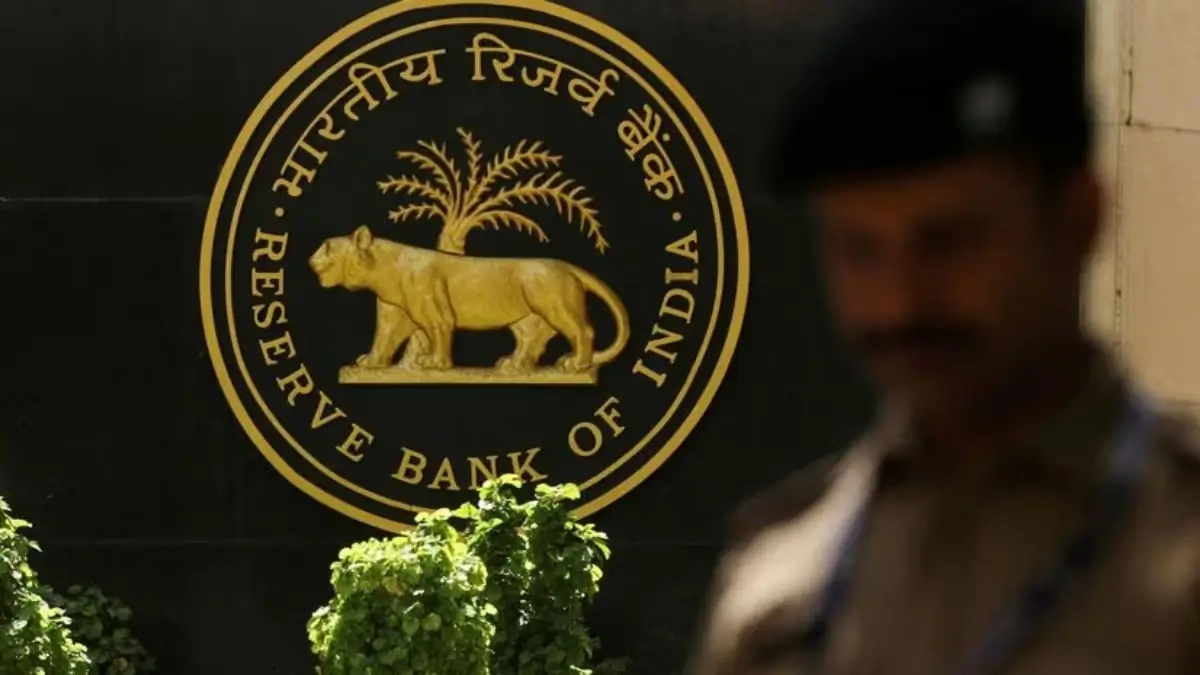National Commission for Indian System of Medicine Celebrates its 4th Foundation Day
The National Commission for Indian System of Medicine (NCISM) recently marked a significant milestone as it celebrated its 4th Foundation Day. Established to promote and regulate traditional Indian medicinal practices, NCISM has played a pivotal role in the integration and standardization of systems like Ayurveda, Yoga, Naturopathy, Unani, Siddha, and Sowa-Rigpa across the country. This occasion not only commemorates the inception of NCISM but also underscores the growing importance of traditional medical systems in India’s healthcare landscape.
The event, held amidst various stakeholders including practitioners, policymakers, and enthusiasts, highlighted the achievements and ongoing initiatives of NCISM. It showcased the commission’s efforts in fostering research, education, and accessibility of Indian traditional medicine, aligning with national health goals and promoting holistic well-being.
Why this News is Important
Promotion of Traditional Medicine Systems
The celebration of NCISM’s Foundation Day underscores India’s commitment to promoting its rich heritage of traditional medical systems. This recognition not only validates the efficacy of Ayurveda and other systems but also encourages their integration into mainstream healthcare, offering diverse treatment options to the population.
Strengthening Healthcare Infrastructure
NCISM’s initiatives are crucial in augmenting India’s healthcare infrastructure by incorporating traditional systems. This approach aims to provide comprehensive healthcare solutions that are cost-effective, culturally relevant, and accessible to all sections of society, especially in rural areas.
Historical Context
Establishment of NCISM
NCISM was established on [date] under [relevant act or government initiative]. Its inception was a response to the need for a regulatory body dedicated to overseeing and promoting the Indian System of Medicine (ISM), which includes Ayurveda, Yoga, Naturopathy, Unani, Siddha, and Sowa-Rigpa. The commission’s creation aimed to streamline practices, ensure quality standards, and foster research in traditional medicine.
5 Key Takeaways from “National Commission for Indian System of Medicine Celebrates its 4th Foundation Day”
| Serial Number | Key Takeaway |
|---|---|
| 1. | NCISM celebrated its 4th Foundation Day to mark its establishment and achievements in promoting traditional Indian medical systems. |
| 2. | The commission plays a vital role in integrating and standardizing practices like Ayurveda, Yoga, Naturopathy, Unani, Siddha, and Sowa-Rigpa. |
| 3. | NCISM focuses on research, education, and accessibility of traditional medicine to enhance healthcare options in India. |
| 4. | The celebration highlights the significance of traditional medicine in India’s healthcare framework and national health goals. |
| 5. | NCISM’s initiatives aim to strengthen healthcare infrastructure by providing culturally relevant and cost-effective treatment options. |
Important FAQs for Students from this News
What is NCISM?
NCISM stands for the National Commission for Indian System of Medicine. It is responsible for regulating and promoting traditional Indian medical systems such as Ayurveda, Yoga, Naturopathy, Unani, Siddha, and Sowa-Rigpa.
When was NCISM established?
NCISM was established on [date], as part of efforts to standardize and integrate traditional medical practices in India.
What is the significance of NCISM’s Foundation Day?
NCISM’s Foundation Day marks its establishment and celebrates its achievements in promoting and regulating Indian traditional medicine systems.
What are the key objectives of NCISM?
NCISM aims to promote research, education, and accessibility of traditional Indian medical systems, ensuring quality healthcare options across the country.
How does NCISM contribute to India’s healthcare sector?
NCISM contributes by integrating traditional medical practices into mainstream healthcare, thereby offering diverse and holistic treatment options to the population.
Some Important Current Affairs Links

















